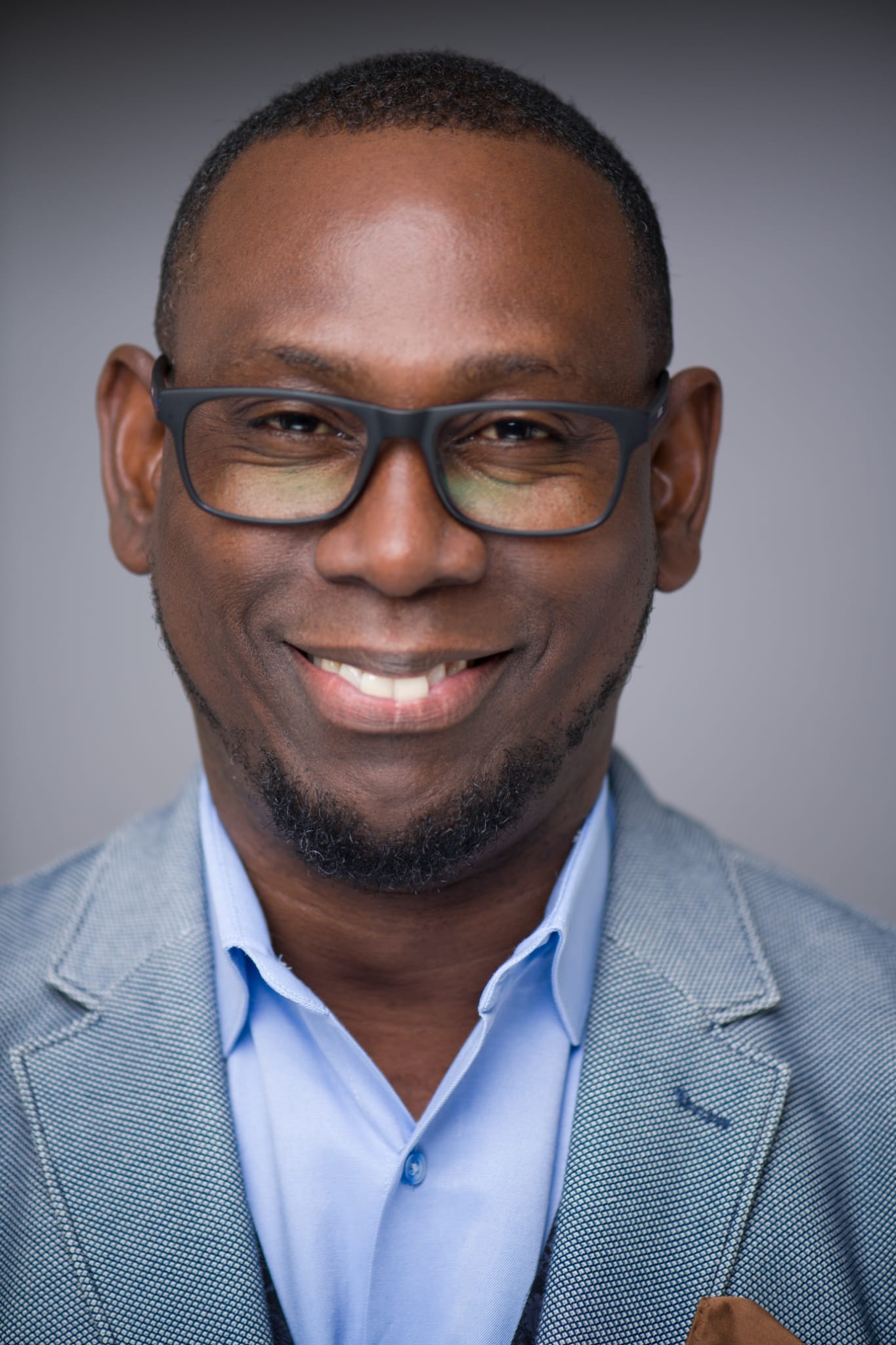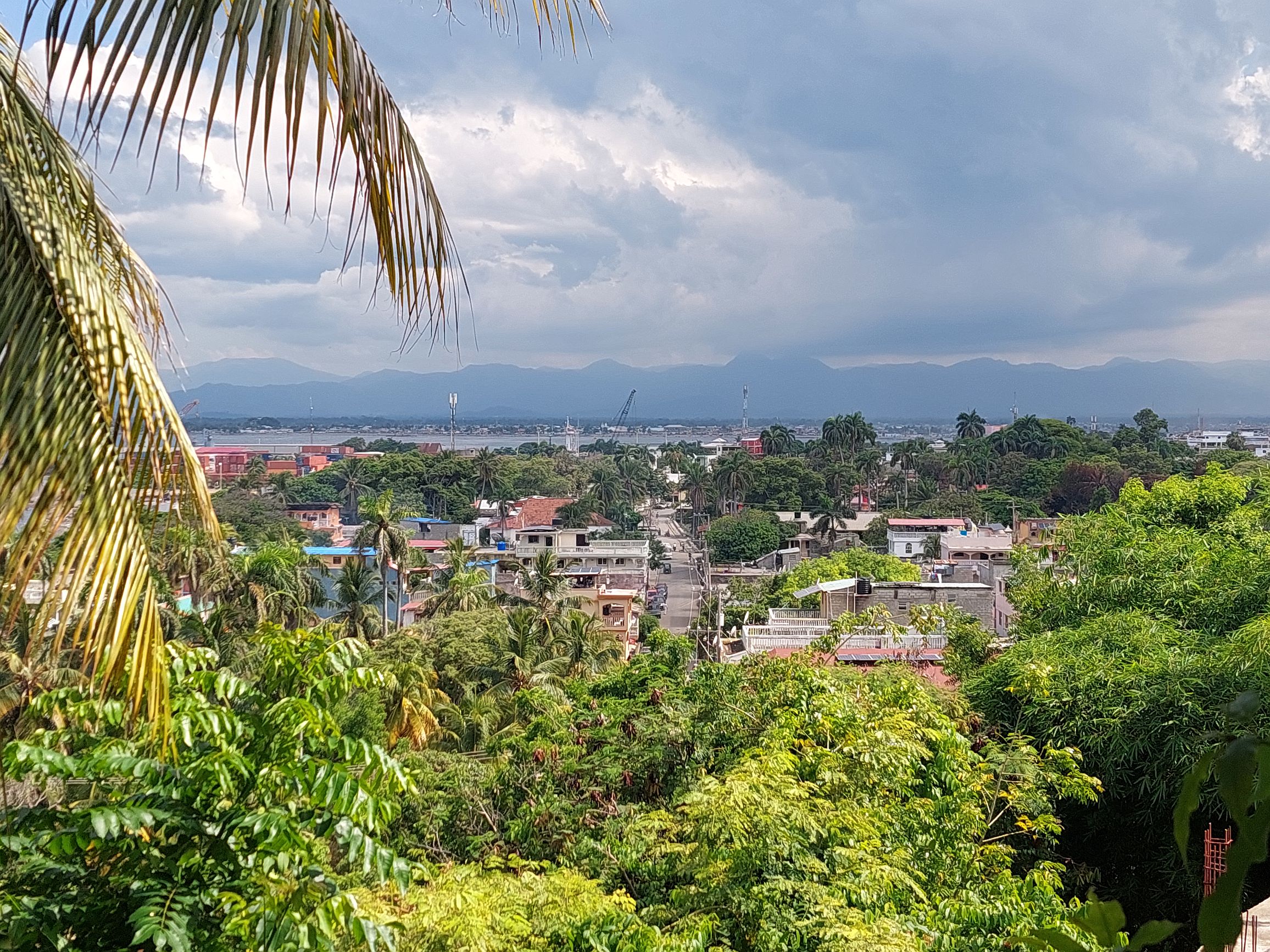
Within the framework of the LAVIL programme, Cities Alliance spoke with Dr Joaneson Lacour*, one of the project's partners and an expert in environmental chemistry, to discuss the environmental challenges in Haiti, particularly related to waste management in public markets.
Every year, on 5 June, World Environment Day is celebrated. This year, the date was dedicated to the theme Our Land, Our Future. What significance does this day hold for you?
World Environment Day highlights our collective responsibility to care for our environment and the other living species sharing our planet. This day underscores our place within a broader community, reminding us of the significant role all species play and our shared duty to protect our common home.
World Environment Day raises awareness and celebrates environmental actions. How do you think it can influence Haitian citizens’ behaviour and motivate public initiatives to adopt new environmental strategies?
In Haiti, environmental issues are often overlooked in public debates, risking disastrous long-term consequences. World Environment Day serves as a crucial reminder that environmental protection must be a priority. It represents an opportunity to create more public and private partnerships for better solid waste management in the country. This day should act as a catalyst to systematically integrate environmental issues into national policy discussions.
As part of the LAVIL programme, a particular emphasis is placed on solid waste management. Cap-Haïtien, one of the cities where the project is carried out, faces several major challenges in terms of solid waste management. How, from your position as a researcher, could you describe these challenges?
In Haiti, we face significant environmental challenges. However, the greatest challenge comes from the absence of waste treatment structures. There is also a lack of willingness on the part of the authorities. This lack of willingness on the part of public authorities to address environmental challenges leads to a regrettable situation where these crucial issues are neglected. It is imperative to adopt public policies that encourage the search for innovative and sustainable solutions to Haiti's environmental problems, in order to prevent disastrous consequences.
What opportunities could result from improving solid waste management in the city of Cap-Haïtien, particularly those from public markets which are a priority of the LAVIL programme?
For many, solid waste—particularly that generated by public markets—represents a significant challenge. However, managing waste from public markets offers considerable opportunities. Several examples illustrate this point:
- Composting can enrich soil and improve agricultural growth.
In Cap-Haïtien, more than 60 per cent of the waste produced in markets is organic waste. This waste can be easily valorised. Composting, which involves returning organic waste to the soil, is a key process. Indeed, the decomposition of food waste produces a natural fertiliser that enriches the soil in gardens and agricultural lands, thereby promoting plant growth. Therefore, this process is essential for fertilising the soil.
- Haiti already has a low rate of waste production per person.
Each Haitian produces an average of 0.5 kg of solid waste per day, totalling nearly 5,500 tonnes daily for the entire population, estimated at 11 million. These figures rank Haiti among countries with a low rate of solid waste production. This low waste output is beneficial not only for reducing environmental impact, but also for minimising health risks. However, without an appropriate solid waste management system, even a low waste production rate can be detrimental to humans and the environment.
Recycling solid waste can support a circular economy.
Plastic and metal waste can be collected, sorted, and sent to recycling facilities. This reduces the environmental impact of the waste and creates local jobs in the recycling sector. There are also opportunities for marketing waste to countries with more advanced recycling infrastructures, including China and the United States. By capitalising on these recycling and waste export opportunities, Haiti can not only improve waste management and reduce its environmental impact, but also generate additional revenue and create jobs.
*Dr Lacour holds a PhD in environmental chemistry from the National Institute of Applied Sciences (INSA) of Lyon, France and serves as Associate Professor at Quisqueya University, Haiti, as well as Executive Director of the Joint Limited Company for Management, Cleanliness and Public Services (PROPUBLIC SAM).
The LAVIL programme, is funded by USAID and implemented by Cities Alliance and partners. It aims to strengthen the capacity of Haitian municipalities, including Cap-Haïtien and Les Cayes, to improve public services provision.





